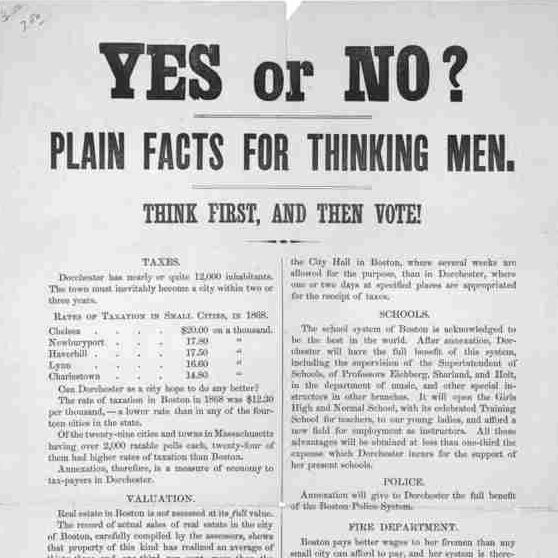By Dr Paul-François Tremlett
Isidore Auguste Marie François Xavier Comte (1798-1857) was writing in the aftermath of the French Revolution. To him it seemed that a new, rational, and modern, industrial-scientific order was emergent. The old, feudal formation of aristocracy, Church, and monarchy, with its arbitrary privileges, had been eclipsed in the violent energies of the revolution of 1789. Comte saw an opportunity to bring an end to the uncertainties of the times by establishing a new society on rational-secular principles that would be led by scientists, artists and industrialists. Comte described post-revolutionary France as a “social system which is dying” but it was simultaneously one that contained the seeds of a “new system whose time has come and which is in the process of taking definitive shape” (Comte 1998, p. 49).
Comte believed that a new science was needed to reorganize society by raising “politics to the rank of the sciences of observation” (1998, p. 81). Initially he called the new science “social physics” (Comte 1998, p. 158), and he drew methodological inspiration for it from physiology. Comte was so convinced of the new direction post-revolutionary French society needed to take he invented a new religion – a Church of Positivism – to embed the new values into the culture. For Comte, the uncertainties of the post-revolutionary period could only decisively be resolved by the elevation of a new elite to the reins of power armed with the new scientific methods and values he had pioneered, for the solution of political problems.
It is no secret that the agenda of the current government includes a radical overhaul of Whitehall (for example, see Abby Innes’ blog post analysing Michael Gove’s recent Ditchley Annual Lecture on civil service reform: https://blogs.lse.ac.uk/politicsandpolicy/gove-ditchley-lecture/). At the heart of this agenda stands the figure of Dominic Cummings and his blog. Cummings’ blog juxtaposes breathless discussion of some domains of contemporary scientific research with political questions. The post ‘On the referendum #33’ interests me because of the distinction it establishes between on the one hand “stories” and “authority”, and on the other, “evidence/experiment” and “quantitative models”. Cummings links “stories” to myth (“Icarus”) and authority to irrationality (“witch doctor”) while “evidence/experiment” and “quantitative models” are linked to “physics, wind tunnels” and the “design of modern aircraft”. Later, as part of a discussion of Bret Victor’s work, this becomes a contrast between “words and stories” and “interactive models”. Words, according to Cummings, are unreliable: “even the most modern writing tools” he claims, “are designed around typing in words, not facts. These tools are suitable for promoting preconceived ideas, but provide no help in ensuring that words reflect reality, or any plausible model of reality”. Models are better than stories because their “assumptions are clearly visible”. Cummings asks the reader to imagine a new kind of writing tool “designed for arguing from evidence”:
I don’t mean merely juxtaposing a document and reference material, but literally ‘autocompleting’ sourced facts directly into the document. Perhaps the tool would have built-in connections to fact databases and model repositories, not unlike the built-in spelling dictionary. What if it were as easy to insert facts, data, and models as it is to insert emoji and cat photos?
In common with Comte, Cummings assumes that a new kind of government is required which, once armed with the requisite new writing tools and skills in data analysis and modelling, can completely re-frame the political as a field of decision-making practices. This new kind of government will be data-savvy and will make extensive use of new technologies. But facts change: at the heart of science is not the establishment of facts which are then fixed and true for all time, but a tentative and reflexive process of research and debate. Science may promise the certainty of facts, data and models but it is a certainty that never arrives and which is forever deferred, such that all we are always left with is interpretation (Derrida 1997).
Comte and Cummings are of course not the only utopian revolutionaries to have asked, “what is to be done?” but what other such figures may more clearly have recognised – or just been more up-front about – is the connection between brute power and political change. Comte invented a religion, a social science and coined the terms altruism, sociology and positivism, but his work is rarely read or acknowledged today. It remains to be seen what Dominic Cummings leaves us with.
References:
Comte, A. 1998. Early Political Writings, edited and translated by H. S. Jones. Cambridge: Cambridge University Press.
Cummings, D. 2019. ‘On the referendum #33: High performance government, ‘cognitive technologies’, Michael Nielsen, Bret Victor, & ‘Seeing Rooms’’. https://dominiccummings.com/2019/06/26/on-the-referendum-33-high-performance-government-cognitive-technologies-michael-nielsen-bret-victor-seeing-rooms/ . Accessed 12/08/2020.
Derrida, J. 1997. Of Grammatology, translated by G. C. Spivak. Baltimore: John Hopkins University Press.

